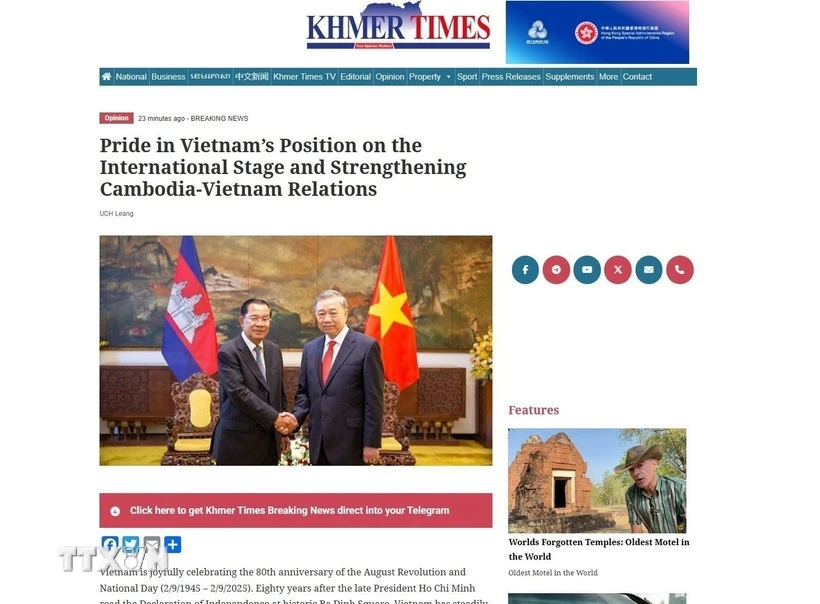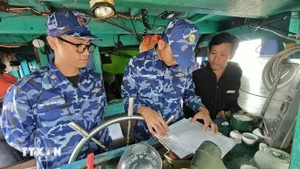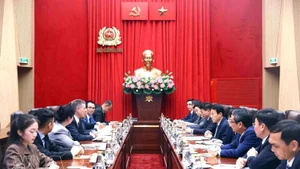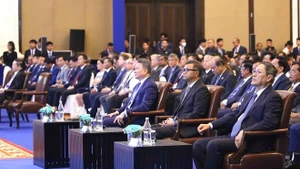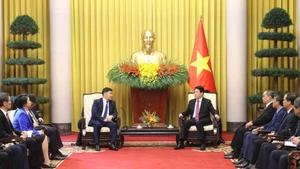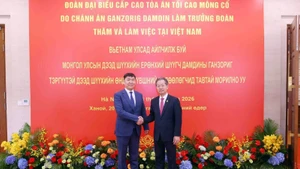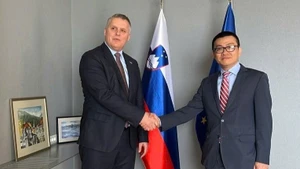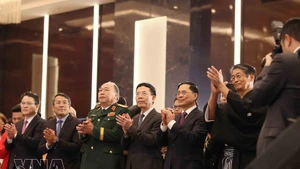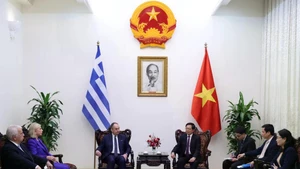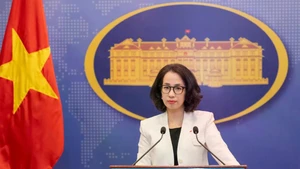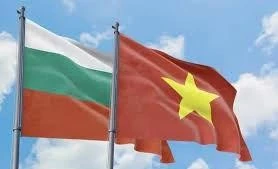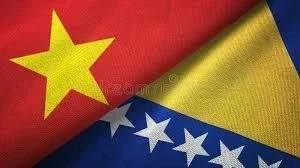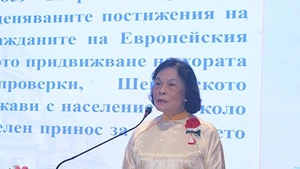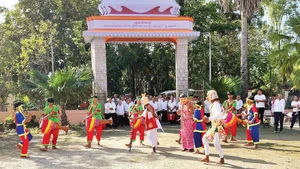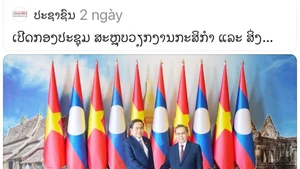In his article, he stressed that the victory of the August Revolution in 1945 was a turning point that opened the era of national independence linked with socialism, while also inspiring liberation movements in Cambodia, Laos, and many other countries. Once dependent, the Vietnamese became masters of their own destiny.
According to the RAC scholar, the victory was not merely a triumph of one nation over colonial imperialism; it also ushered in a new era of diplomacy for a sovereign state.
In today’s context of globalisation and integration, the lessons from the August Revolution remain a foundation for Viet Nam to realise its aspiration for deeper international integration.
Uch Leang noted that after nearly 40 years of Doi Moi (Renewal), Viet Nam has built new strengths from the great national unity bloc, accumulated experience, the unity of “the Party’s will and the people’s hearts,” the power of the armed forces, and the determination to liberate productive forces. By unlocking all potential and strengths, particularly human resources and achievements in modern science and technology, Viet Nam has promoted innovation, digital transformation, and national development with the goal of becoming a developed country by 2045.
The expert also praised Viet Nam’s administrative reforms, the two-tier local administrative model, and the leadership of the Communist Party of Viet Nam.
He affirmed that Viet Nam and Cambodia are not only neighbours but also close brothers for all times, both in war and in peace. The two nations fought side by side for independence and peace and continue to accompany each other in development.
The scholar noted that Viet Nam once helped Cambodia escape the Pol Pot regime, opening an era of independence and freedom. Today, the two countries maintain relations of friendship and comprehensive cooperation for peace, stability, and development.
